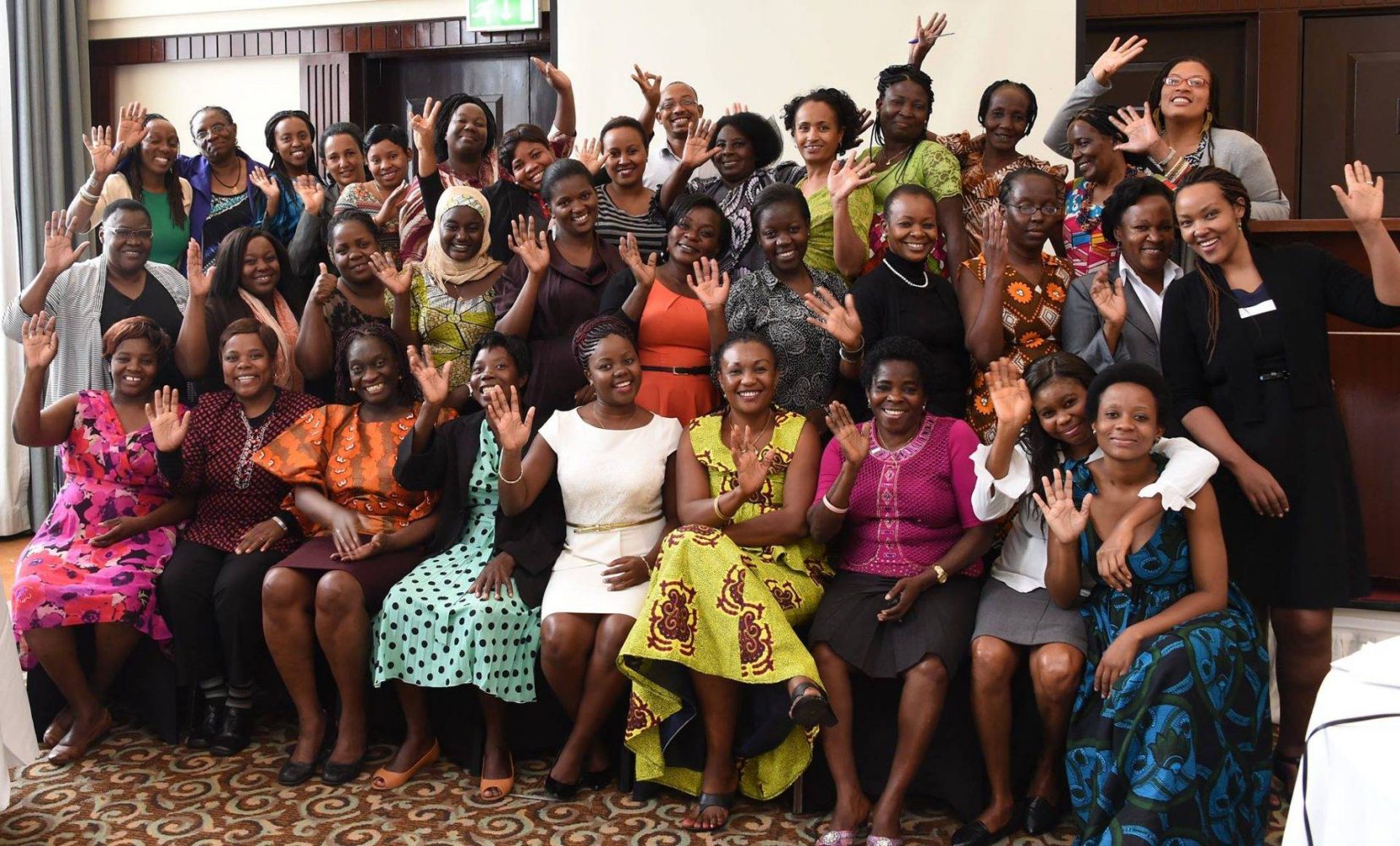Single Women Now Largest Property Buyers In South Africa

Since time immemorial, many African women have not had the chance to own property due to cultural limitations. Different states have attempted to intervene by introducing new laws to enshrine gender equity in property ownership, but the deep-rooted culture has often superseded.
The UN’s Sustainable Development Goals reflect the importance of women’s rights to land and property, setting a specific target for equal rights to ownership and control over land by 2030.
While the UN and other bodies fight for reforms in regards to equal property ownership and inheritance, South African women continue to make progress as they are now the largest group of property buyers in the country.
According to Lightstone Property statistics, approximately 72,000 residential properties were purchased by single women in South Africa last year, a figure which surpasses the number of homes sold to men (around 62,000) and married couples (around 65,000).
“As we celebrate Women’s Month this August, it is important to contemplate both the victories as well as the challenges that many women continue to face within our country. It is a victory to see the growing number of single females within the property market and I remain hopeful that the property market will continue to reflect an ever-improving position of women in our country,” says Regional Director and CEO of RE/MAX of Southern Africa, Adrian Goslett.
Goslett further revealed that women are taking part in the home buying process currently more than ever before. “If we look at the breakdown of our website traffic, 64 percent of our users are female, which suggests that females are most often the ones driving the decision when it comes to purchasing a home,” says Goslett.
Notably, the survey also highlighted that women are better at budgeting and managing their money more tightly than men (40 percent compared to 34 percent being able to budget effectively).
Wage-gap has been the hindrance factor for South African women to own property. Earlier, the International Labour Organisation (ILO) released a study saying South Africa has the highest wage inequality in the world. It further found that South Africa has a Gini coefficient for wage inequality of 63.9, a level which is alarming.
Worryingly, single females are most active in the lowest price brackets according to the statistics. This is owed to the fact that men earn more compared to their female counterparts.
“It is alarming to hear that the wage gap persists and at such a large variance too. I have no doubt that as this gap narrows, we will inevitably see women become increasingly active within the higher price bands,” Goslett said adding that the data findings will be helpful when keeping an eye on the progress towards achieving equal pay.
Featured Image Courtesy: AWDF